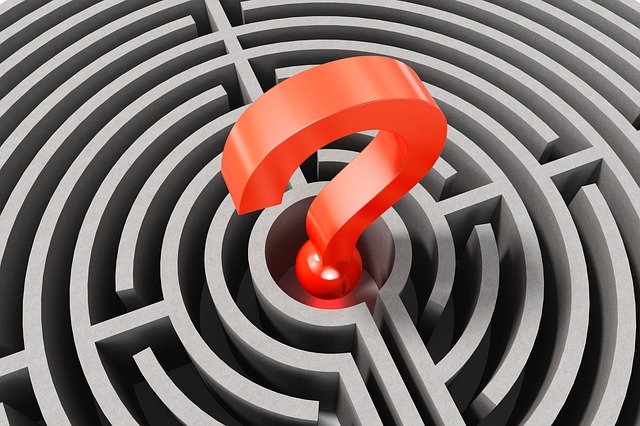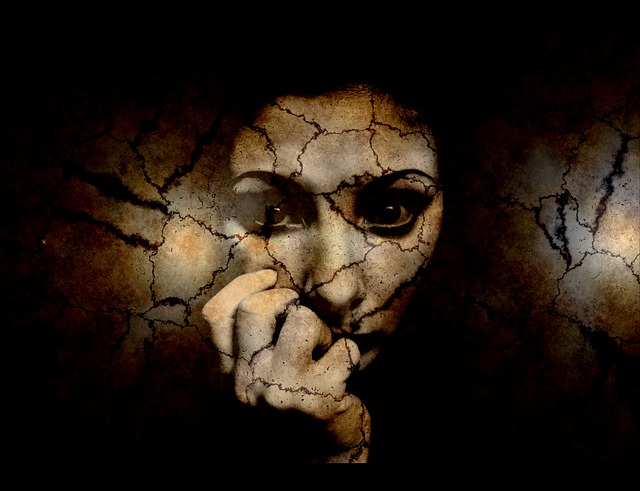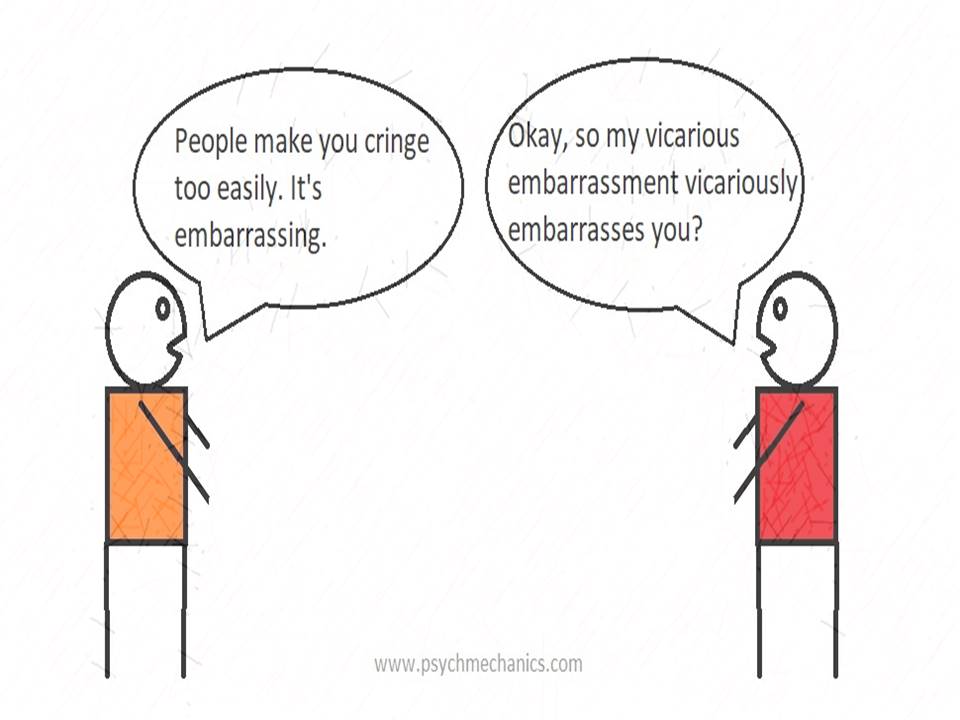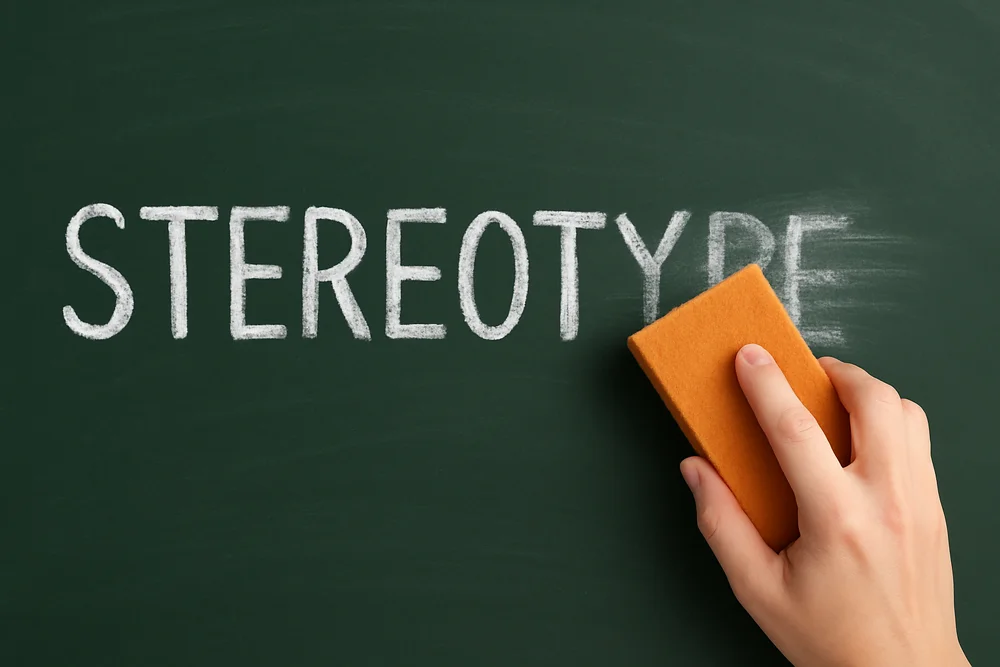Fundamental attribution error (With examples)
Do you know what’s the single biggest factor causing problems in relationships? It’s a phenomenon called the fundamental attribution error based on a Social Psychology theory called Attribution Theory. Before we talk about the reasons for fundamental attribution error, let’s properly understand what it means. Consider the following scenario: Sam: What’s the matter with you?Rita: …



